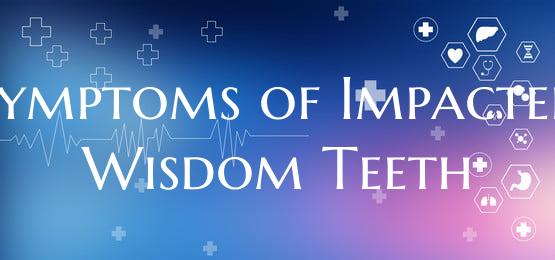
Symptoms of Impacted Wisdom Teeth
Impacted wisdom teeth are a common dental issue that many people experience. When wisdom teeth do not have enough room to emerge properly, they can become impacted, causing a range of symptoms and potential complications. Here are common symptoms associated with impacted wisdom teeth:
1. Pain and Tenderness: Impacted wisdom teeth can cause pain and tenderness around the back of the mouth where the teeth are located. This is often felt as a dull, aching sensation that can worsen when biting down or chewing.
2. Swelling: Swelling of the gums around the impacted wisdom tooth can occur, leading to a visibly swollen and inflamed area. In some cases, the swelling may extend to the jaw and face.
3. Difficulty Opening the Mouth: Impacted wisdom teeth can make it difficult to open the mouth fully due to the swelling and pain in the jaw area.
4. Bad Breath: Food particles and bacteria can get trapped around the impacted tooth, leading to bad breath or an unpleasant taste in the mouth.
5. Jaw Stiffness: Stiffness in the jaw muscles, particularly near the affected wisdom tooth, can accompany impacted wisdom teeth due to inflammation and limited mouth opening.
6. Headaches: Chronic headaches can occur as a result of the pain and stress caused by impacted wisdom teeth. The discomfort from the impacted tooth can radiate to other parts of the head, leading to headaches.
7. Difficulty Eating: Pain and swelling from impacted wisdom teeth can make it challenging to eat comfortably, especially when chewing on that side of the mouth.
8. Gum Bleeding: The pressure from impacted wisdom teeth can irritate and even damage the gums, leading to bleeding, especially when brushing or flossing near the affected area.
It's important to note that not all impacted wisdom teeth cause symptoms, but when they do, it's essential to consult with a dentist or oral surgeon. Ignoring impacted wisdom teeth can lead to complications such as infections, cysts, and damage to neighboring teeth. Treatment options may include extraction of the impacted teeth to alleviate symptoms and prevent further issues. Regular dental check-ups and X-rays can help monitor the development of wisdom teeth and address any potential problems early on.